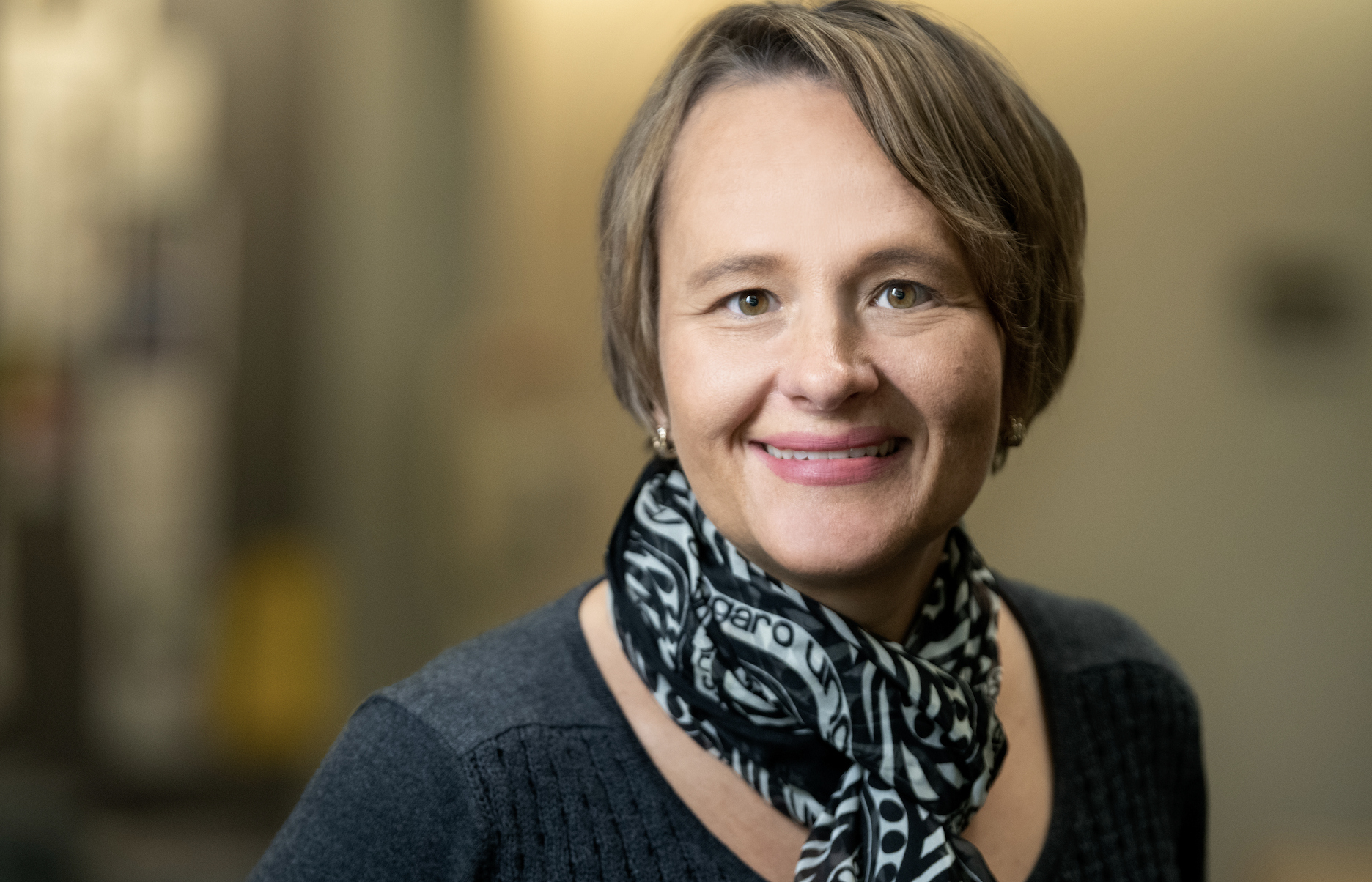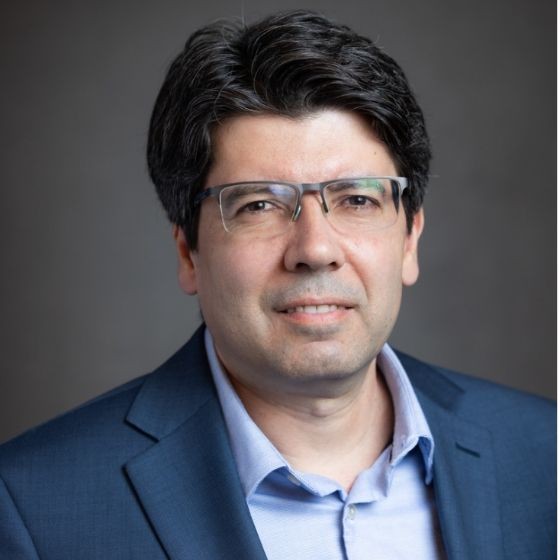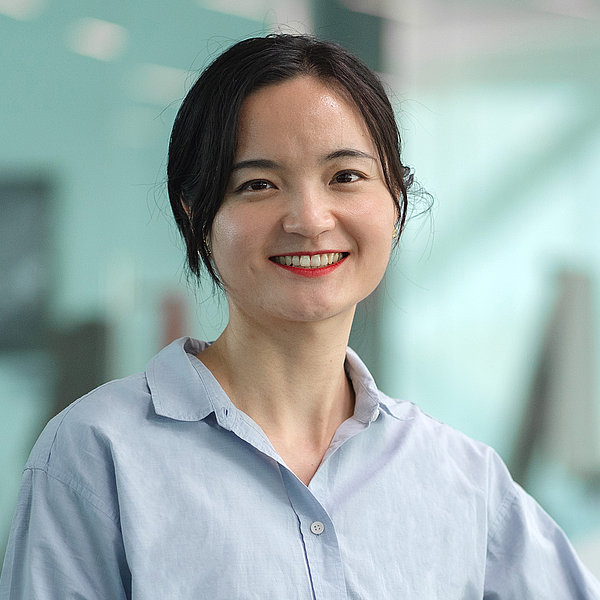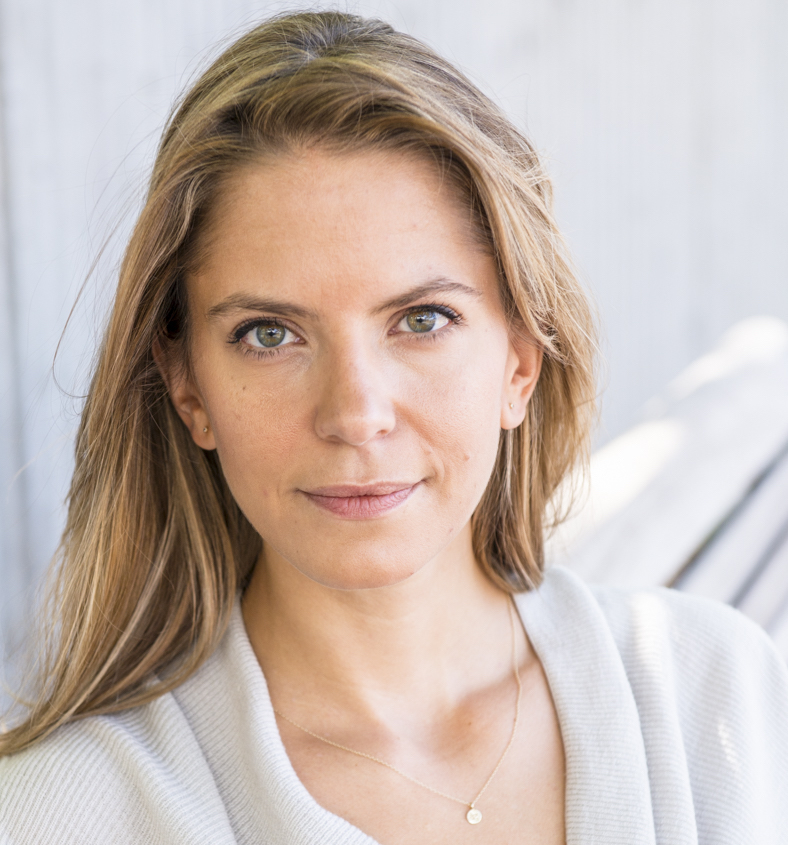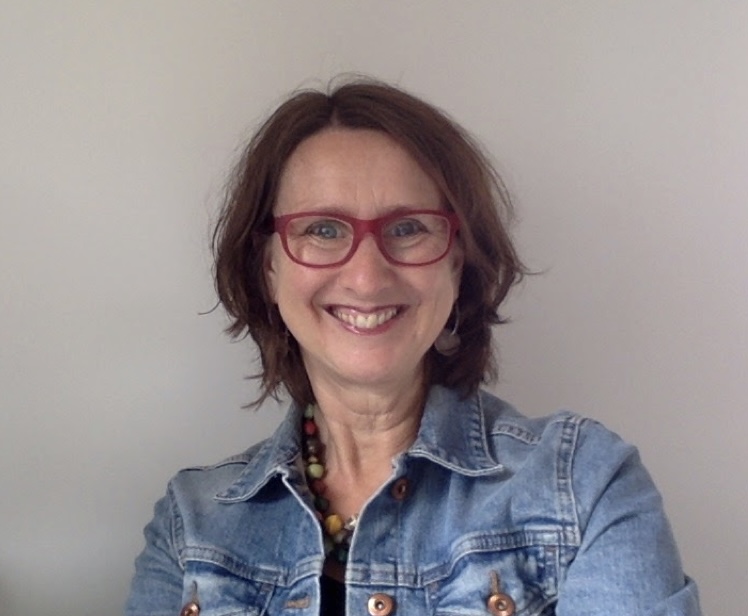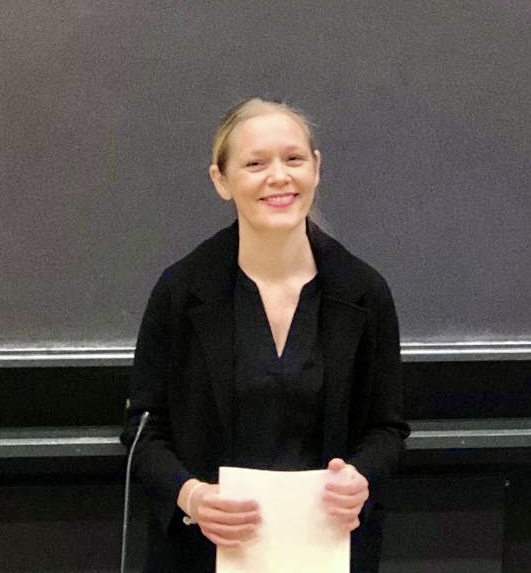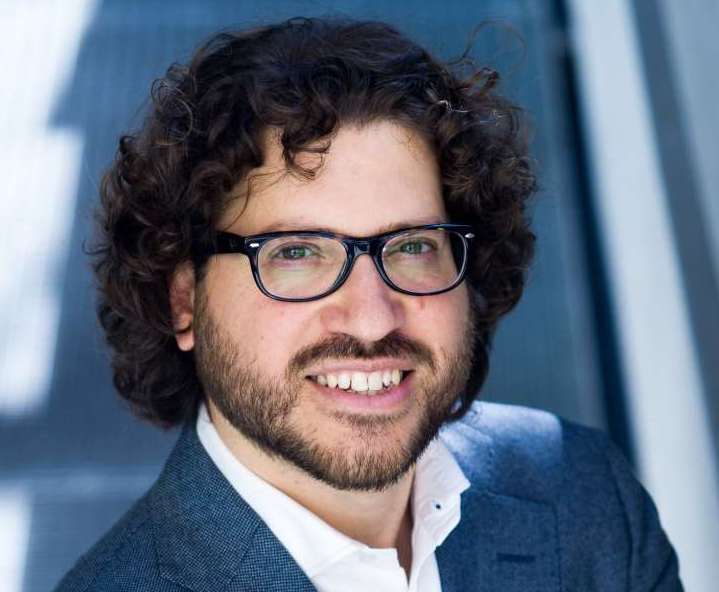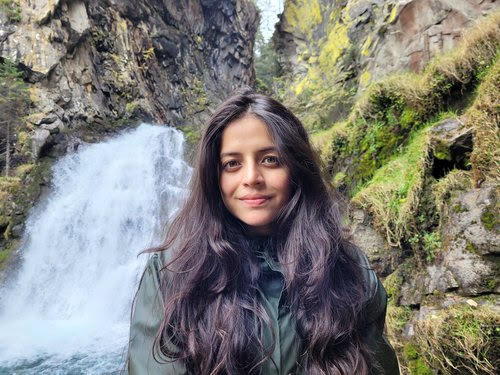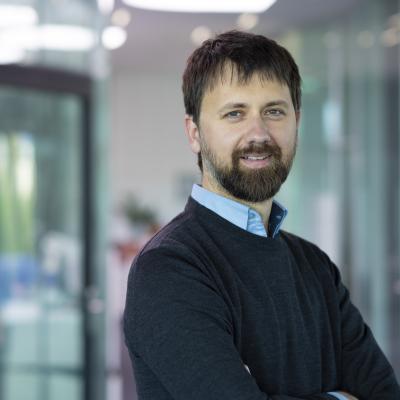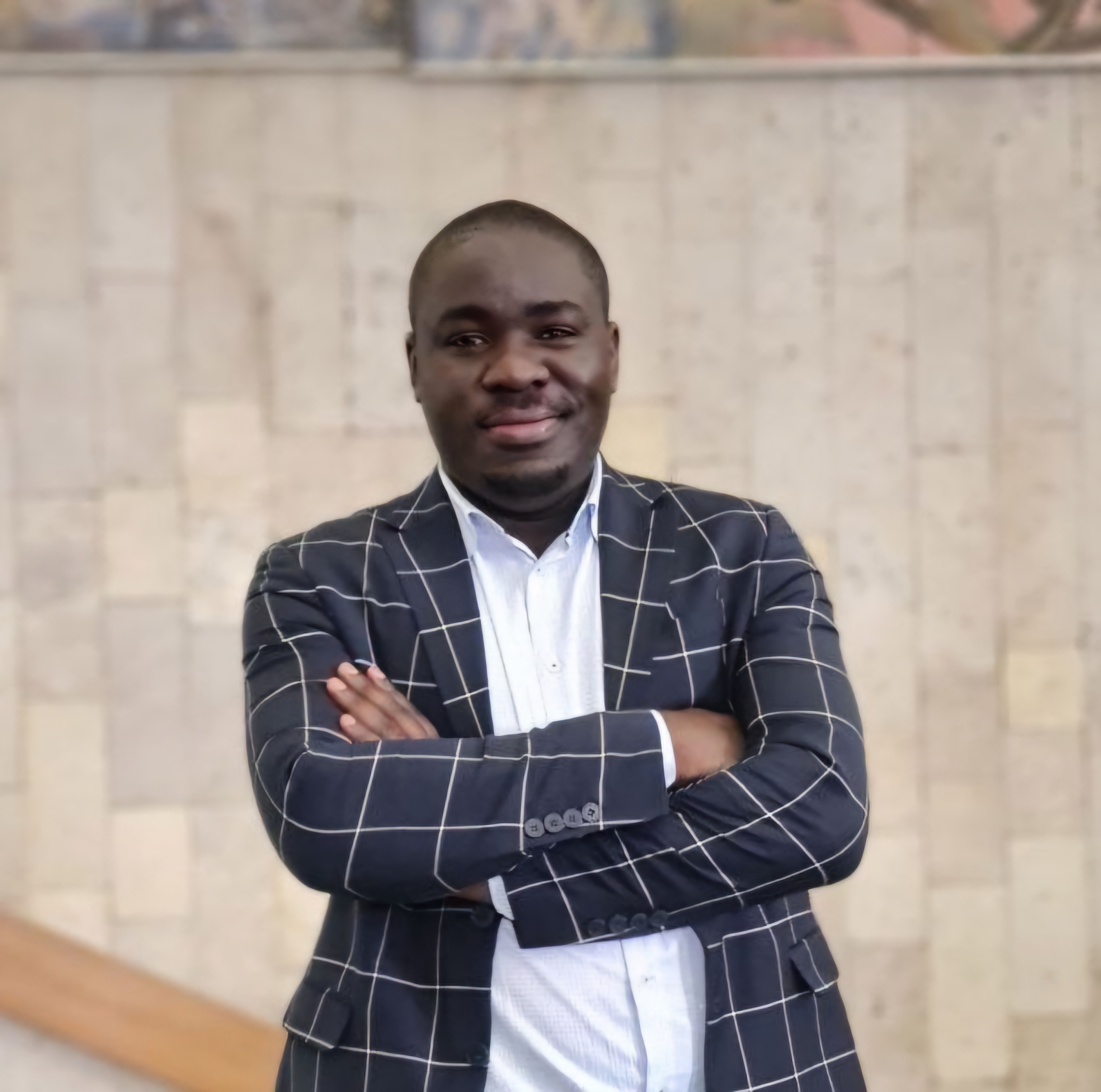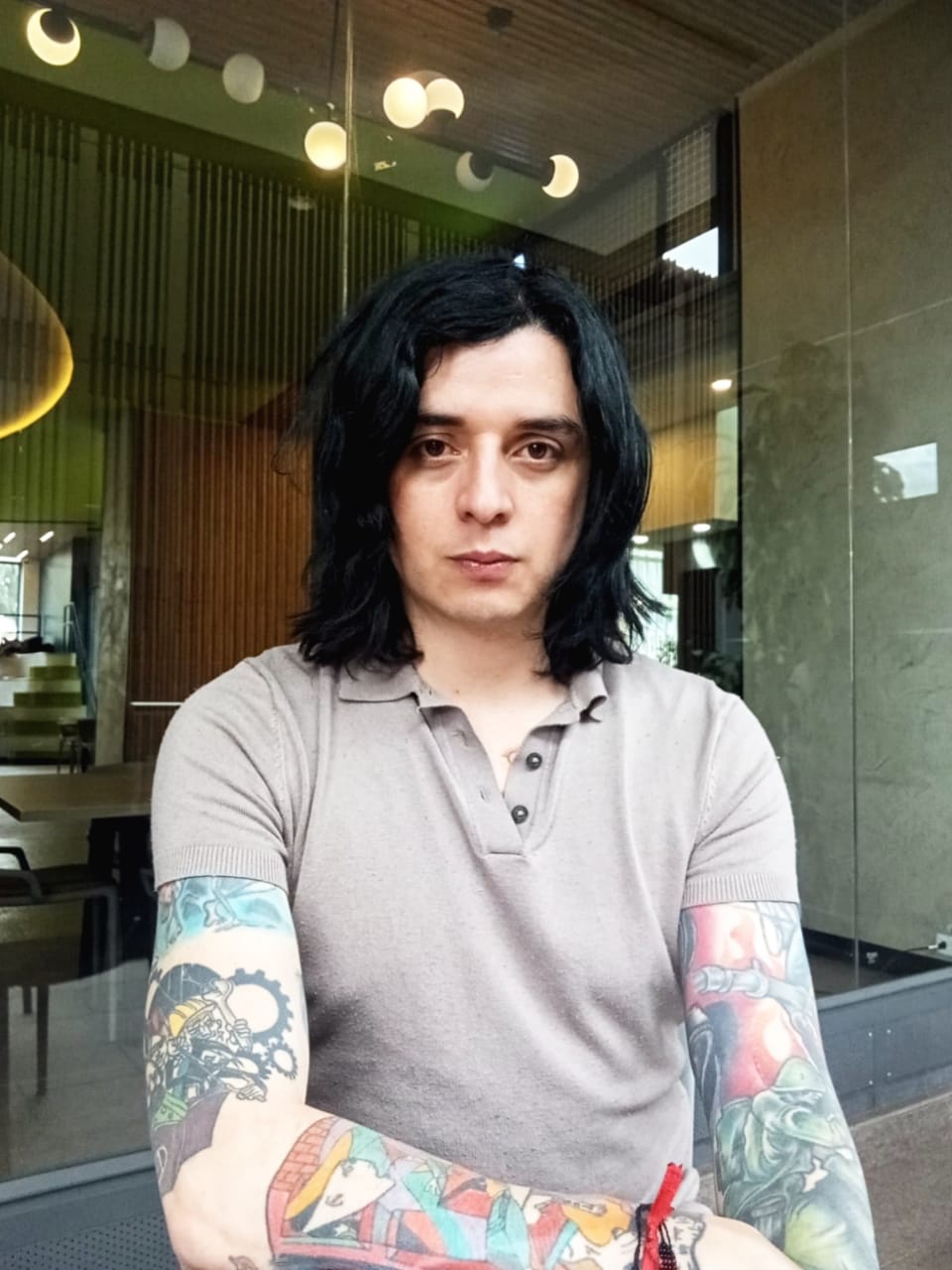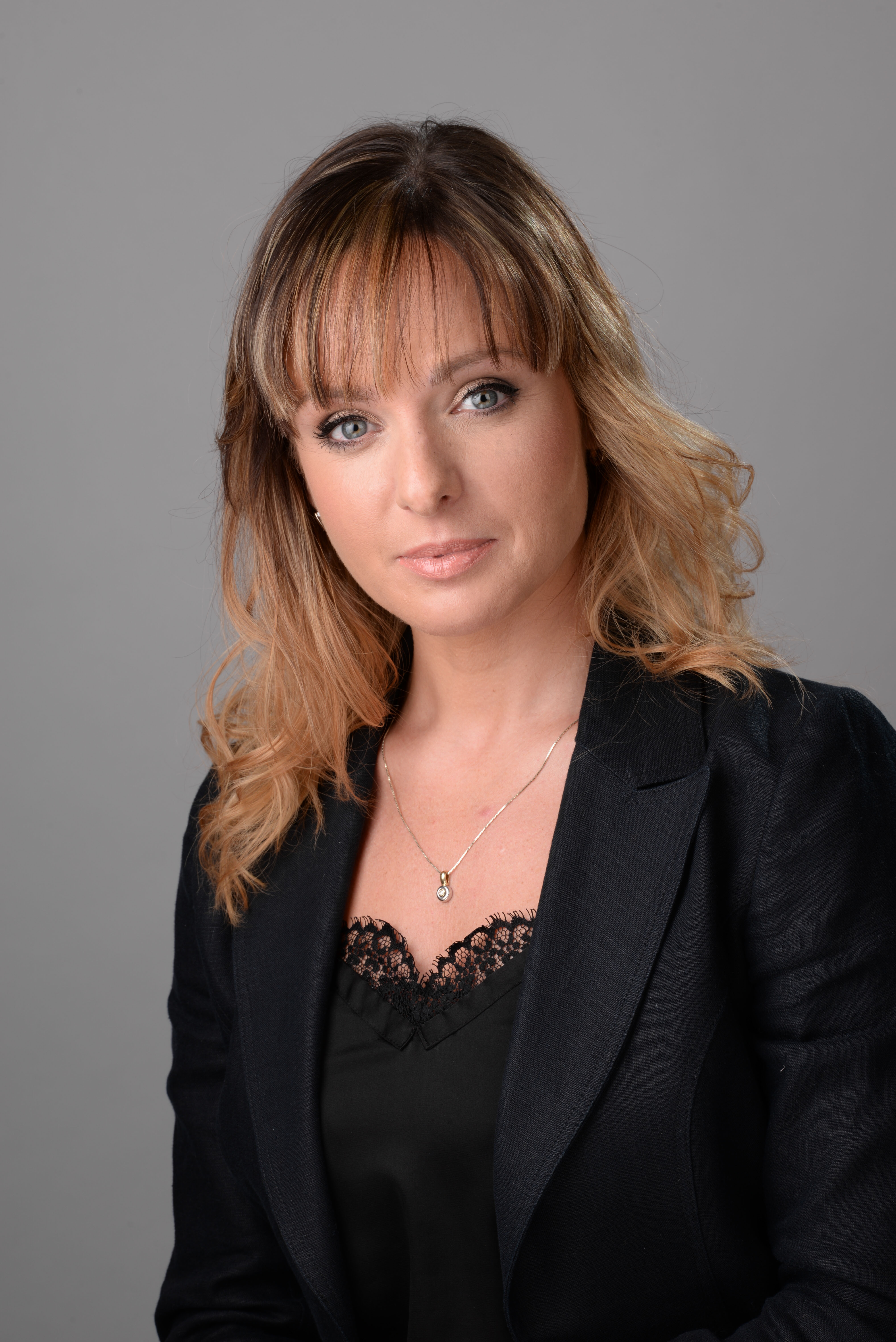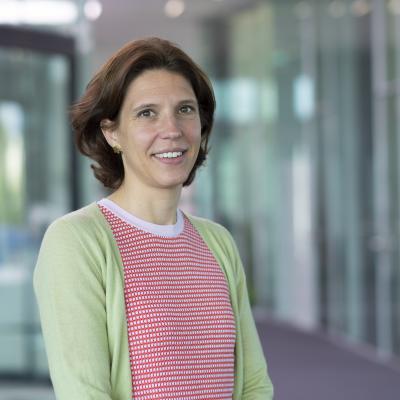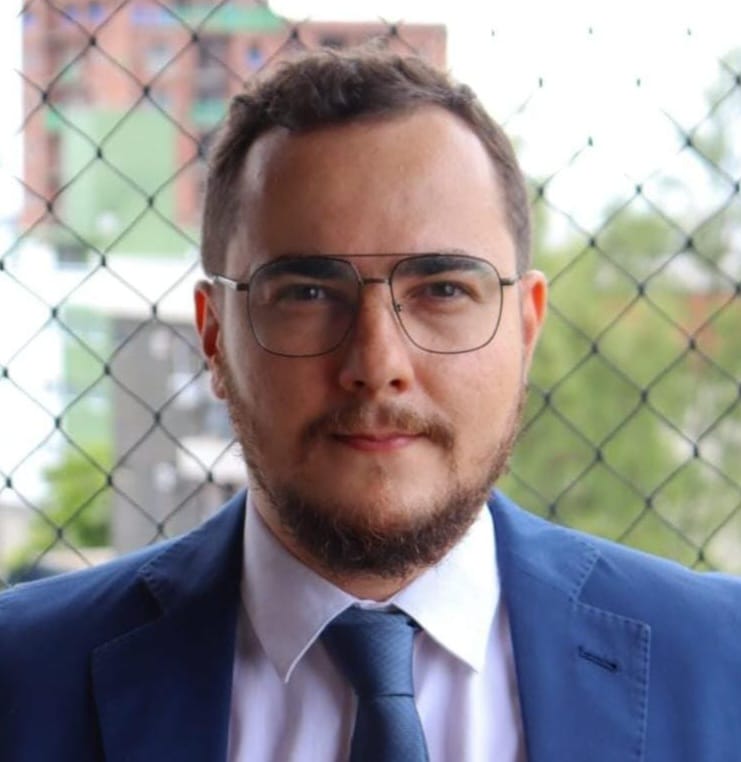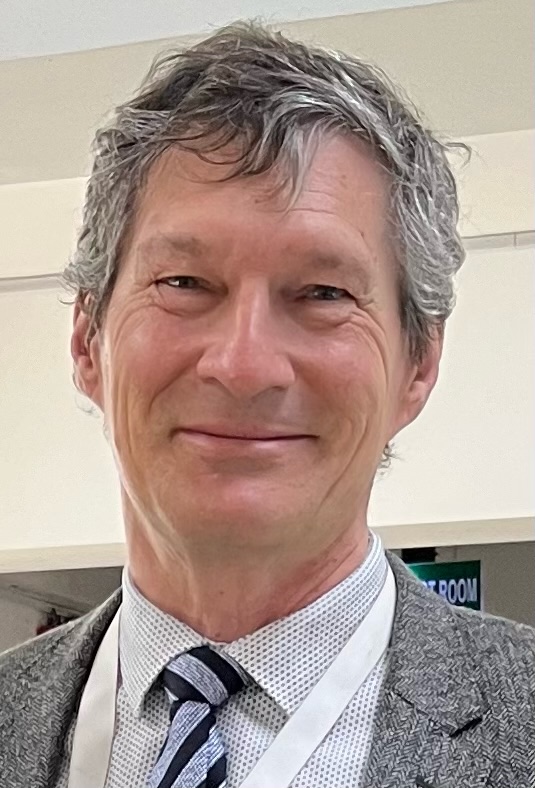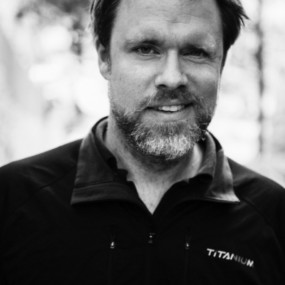TImothy D. Sisk
Research Associate, Centre on Conflict, Development & Peacebuilding, Graduate Institute for International and Development Studies
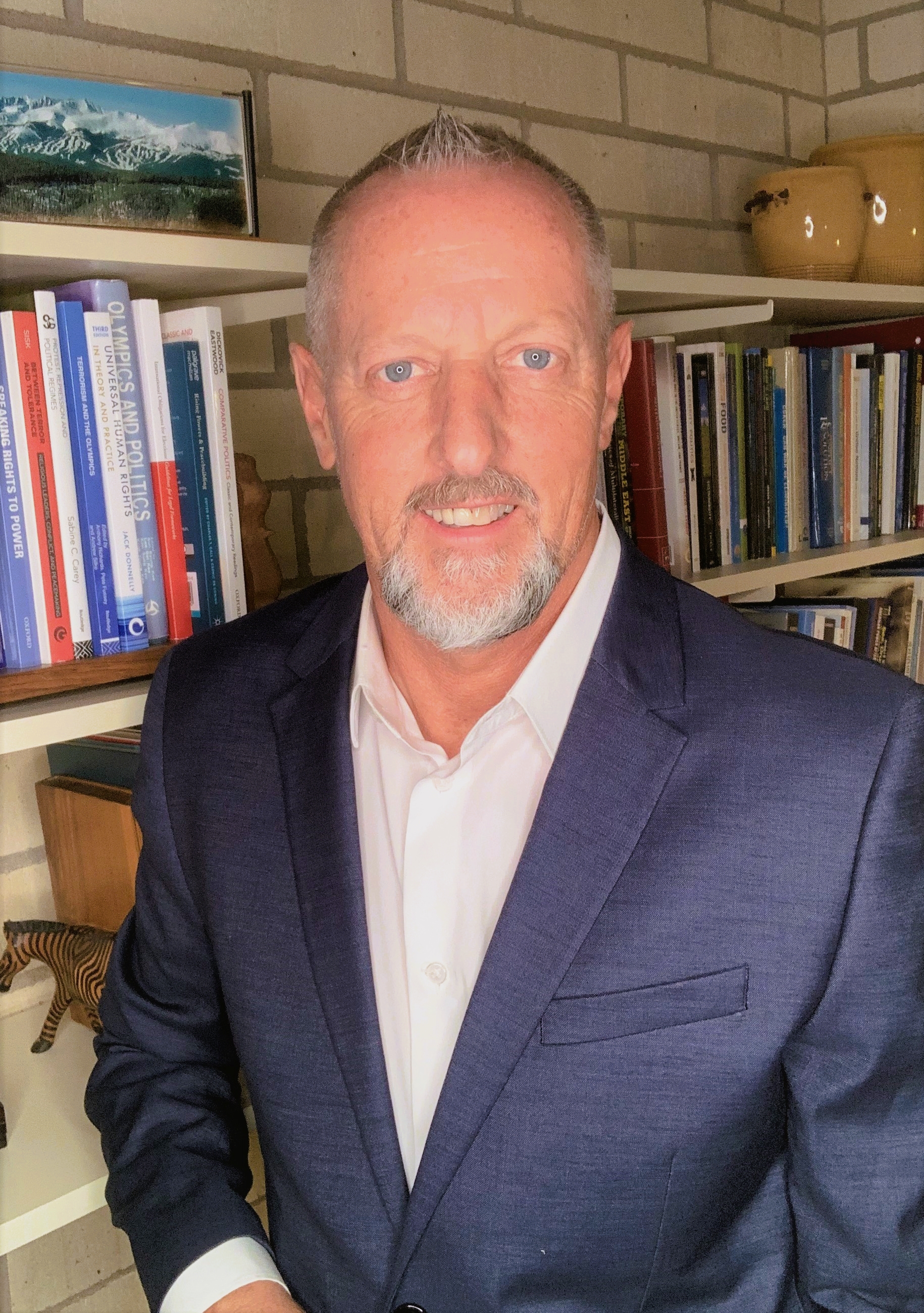
Timothy D. Sisk is Professor of International and Comparative Politics at the Josef Korbel School of International Studies, University of Denver. His research, teaching and policy-oriented work focuses on armed conflict and political violence together with understanding and evaluation of processes of conflict prevention, management, and peacebuilding in fragile and post-war contexts. He teaches graduate and undergraduate courses on comparative politics, politics of deeply divided societies, elections and conflict dynamics, and sport and international politics. Sisk has worked since 2006 with the United Nations Development Program in various research and lessons learned initiatives. Prior to joining the University of Denver in 1998, Prof. Sisk was a Program Officer and Research Scholar in the Grant Program of the United States Institute of Peace in Washington D.C. He holds a doctoral degree in political science from The George Washington University and an MA in international journalism and BA in international studies and German from Baylor University.



